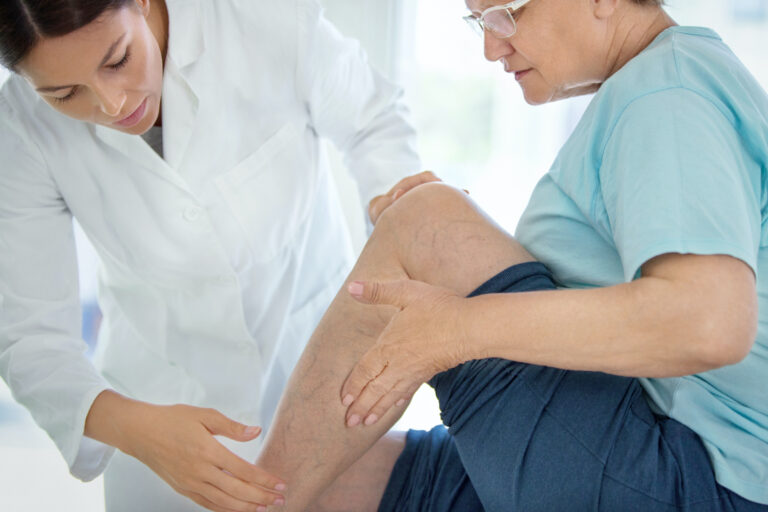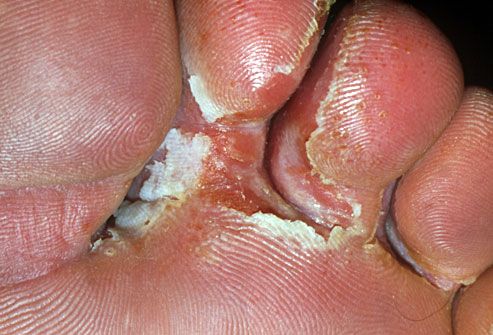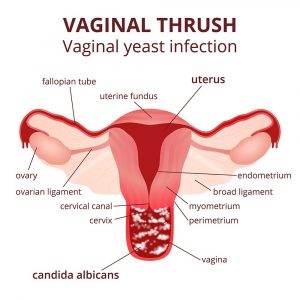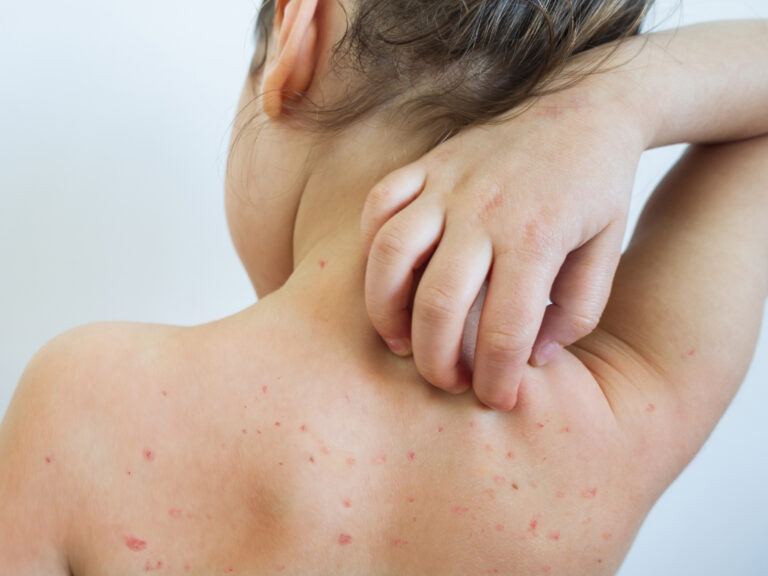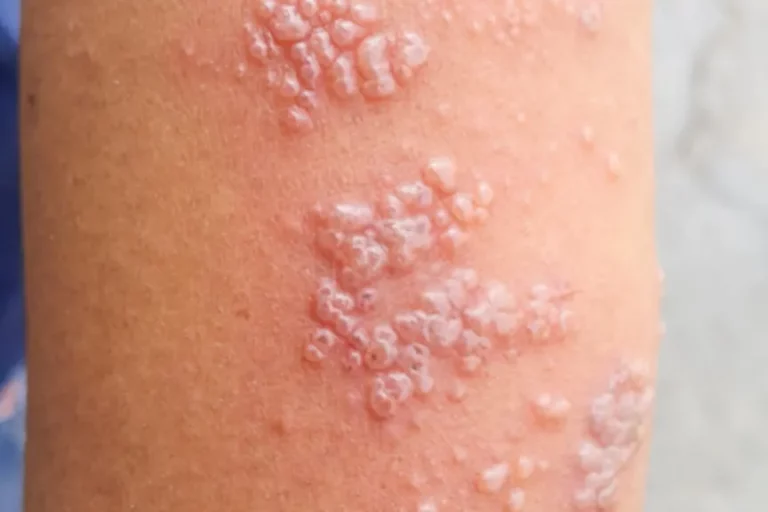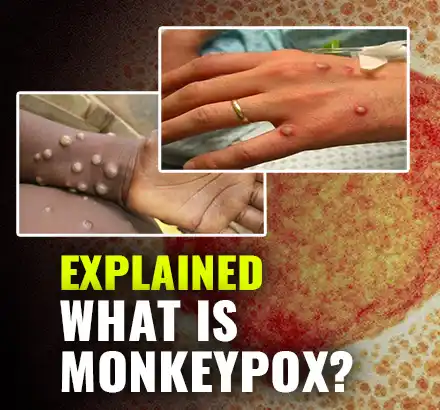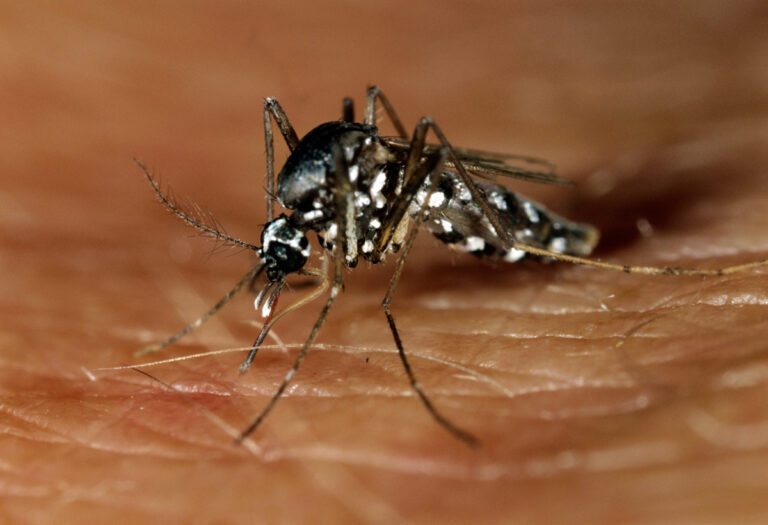Respiratory Syncytial Virus in Children and Adults
Author: Giselle Robel
Giselle Robel
Category: Health
Respiratory syncytial virus (RSV) is a common respiratory virus. It affects the lungs and its bronchioles (smaller passageways that carry air to the lung).
Respiratory syncytial virus (RSV) is a highly contagious, seasonal lung infection. It's a common childhood illness that can affect adults too. Most cases are mild, with cold-like symptoms.

Severe infection with RSV can lead to pneumonia (an infection in the lungs) and bronchiolitis (inflammation of the small airways in the lungs) and may require hospital care. People who are at great risk of severe infection are the very young (those less than six months old), those over the age of 65, and those of any age who have heart or lung conditions or a weakened immune system. RSV can also make existing heart and lung problems worse.
Washing your hands and other good hygiene practices help prevent spreading RSV.
In adults and older, healthy children, RSV symptoms are mild and typically mimic the common cold. Self-care measures are usually all that’s needed to relieve any discomfort.
RSV can cause severe infection in some people, including babies 12 months and younger (infants), especially premature infants, older adults, people with heart and lung disease, or anyone with a weak immune system (immunocompromised).
Symptoms of Respiratory Syncytial Virus
Signs and symptoms of respiratory syncytial virus infection commonly appear about four to six days after exposure to the virus. In adults and older children, RSV usually causes mild cold-like signs and symptoms. These may include:
- Congested or runny nose
- Dry cough
- Low-grade fever
- Sore throat
- Sneezing
- Headache
In severe cases
RSV infection can spread to the lower respiratory tract, causing pneumonia or bronchiolitis inflammation of the small airway passages entering the lungs. Signs and symptoms may include:
- Fever
- Severe cough
- Wheezing a high-pitched noise that’s usually heard on breathing out (exhaling)
- Rapid breathing or difficulty breathing the person may prefer to sit up rather than lie down
- Bluish color of the skin due to lack of oxygen (cyanosis)
Infants are most severely affected by RSV. Signs and symptoms of severe RSV infection in infants include:
- Short, shallow and rapid breathing
- Struggling to breathe chest muscles and skin pull inward with each breath
- Cough
- Poor feeding
- Unusual tiredness (lethargy)
- Irritability
Most children and adults recover in one to two weeks, although some might have repeated wheezing. Severe or life-threatening infection requiring a hospital stay may occur in premature infants or in anyone who has chronic heart or lung problems.
When to see a doctor
Seek immediate medical attention if your child or anyone at risk of severe RSV infection has difficulty breathing, a high fever, or blue color skin, particularly on the lips and in the nail beds.
Is respiratory syncytial virus (RSV) contagious? How is it spread? How
long does it last?
Yes, RSV is highly contagious particularly during the three- to seven-day period a person has symptoms. Some infants and people with weakened immune systems may remain contagious for as long as four weeks.
The virus is spread through close contact when an infected person sneezes or coughs and the virus becomes airborne and gets into your body through your eyes, nose, or mouth. It's also spread by touching objects that the virus has landed on and then touching your face. RSV can live on hard surfaces for many hours.
It takes between two to eight days from the time a person is exposed to the RSV to show symptoms. Symptoms generally last three to seven days. Most children and adults recover fully in one to two weeks.
How common is respiratory syncytial virus (RSV)?
Most children get RSV before two years of age. Infection is easily spread in young children because of their close contact with other children who may be infected, through the sharing of their toys and constant touching of objects that may be contaminated with the virus.
Among adults, about 177,000 older adults are hospitalized each year for RSV. Some 14,000 adults die due to this infection each year.
Is respiratory syncytial virus (RSV) a seasonal illness?
Yes, like the flu, RSV is a seasonal illness. It occurs in most areas of the U.S., starting in late fall and lasting through early spring.
Who gets respiratory syncytial virus (RSV) infection?
RSV infects almost all children at least once before they are two years old. Most of the time, this virus only causes minor cold-like symptoms. However, for some babies and certain adults, the infection can be more dangerous.
Infants and adults at the highest risk of severe or life-threatening RSV infection:
- Premature infants (because their lungs are underdeveloped).
- Infants under 6 months of age.
- Infants born with heart or lung disease.
- Children and adults with weakened immune systems, including those who have received an organ transplant or those undergoing chemotherapy.
- Children who have difficulty swallowing or can't clear mucous.
- Adults 65 years of age and older.
- Adults with heart and lung diseases, such as congestive heart failure, chronic obstructive pulmonary disease or asthma.
Causes
Respiratory syncytial virus enters the body through the eyes, nose, or mouth. It spreads easily in the air through infected respiratory droplets. You or your child can become infected if someone with RSV coughs or sneezes near you. The virus also passes to others through direct contact such as shaking hands.
The virus can live for hours on hard objects such as countertops, crib rails, and toys. Touch your mouth, nose, or eyes after touching a contaminated object and you’re likely to pick up the virus.
An infected person is most contagious during the first week or so after infection. But in infants and those with weakened immunity, the virus may continue to spread even after symptoms go away, for up to four weeks.
How is respiratory syncytial virus (RSV) diagnosed?
Your healthcare provider will take your or your child's medical history and ask about symptoms. The physical exam will include listening to your or your child's lungs and checking oxygen level in a simple finger monitoring test (pulse oximetry). They may order blood testing to check for signs of infection (such as a higher than normal white blood cell count) or take a nose swab to test for viruses.
If a more severe illness is suspected, your healthcare provider will order imaging tests (X-rays, CT scan) to check your or your child's lungs.
How is respiratory syncytial virus (RSV) treated?
If you or your child has mild symptoms, prescription treatment is usually not needed. RSV goes away on its own in one to two weeks. Antibiotics are not used to treat viral infections, including those caused by RSV. (Antibiotics may be prescribed, however, if testing shows you or your child has bacterial pneumonia or other infection.)
Some young children who develop bronchiolitis may have to be hospitalized to receive oxygen treatment. If your child is unable to drink because of rapid breathing, he or she may need to receive intravenous fluids to stay hydrated. On rare occasions, infected babies will need a respirator to help them breathe. Only about 3% of children with RSV require a hospital stay. Most children are able to go home from the hospital in two or three days.
If you are an older adult and especially if you have a weakened immune system, you may need to be hospitalized if the RSV is severe. While in the hospital, you may receive oxygen or be put on a breathing machine (ventilator) to help you breathe or receive IV fluids to help with dehydration.
Complications
Complications of respiratory syncytial virus include:
- Hospitalization. A severe RSV infection may require a hospital stay so that doctors can monitor and treat breathing problems and give intravenous (IV) fluids.
- Pneumonia. RSV is the most common cause of inflammation of the lungs (pneumonia) or the lungs’ airways (bronchiolitis) in infants. These complications can occur when the virus spreads to the lower respiratory tract. Lung inflammation can be quite serious in infants, young children, older adults, immunocompromised individuals, or people with chronic heart or lung disease.
- Middle ear infection. If germs enter the space behind the eardrum, you can get a middle ear infection (otitis media). This happens most frequently in babies and young children.
- Asthma. There may be a link between severe RSV in children and the chance of developing asthma later in life.
- Repeated infections. Once you’ve had RSV, you could get infected again. It’s even possible for it to happen during the same RSV season. However, symptoms usually aren’t as severe typically it’s in the form of a common cold. But they can be serious in older adults or in people with chronic heart or lung disease.
Prevention
No vaccine exists for respiratory syncytial virus. But these lifestyle habits can help prevent the spread of this infection:
- Wash your hands frequently. Teach your children the importance of hand-washing.
- Avoid exposure. Cover your mouth and nose when you cough or sneeze. Limit your baby’s contact with people who have fevers or colds.
- Keep things clean. Make sure kitchen and bathroom countertops, doorknobs, and handles are clean. Discard used tissues right away.
- Don’t share drinking glasses with others. Use your own glass or disposable cups when you or someone else is sick. Label each person’s cup.
- Don’t smoke. Babies who are exposed to tobacco smoke have a higher risk of getting RSV and potentially more-severe symptoms. If you do smoke, never do so inside the house or car.
- Wash toys regularly. Do this especially when your child or a playmate is sick.
Protective medication
The medication palivizumab (Synagis), given in the form of a shot (injection), can help protect certain infants and children 2 years old and younger who are at high risk of serious complications from RSV. High-risk children in this age group include those who:
- Were born prematurely
- With chronic lung disease
- Have certain heart defects
- Have a weakened immune system
The first injection is given at the start of the RSV season, with monthly injections given during the season. This medication only helps prevent RSV infection. It does not help treat it once symptoms develop.
Talk with your child’s doctor to find out if your child would benefit from this medication and to learn more about it. This medication is not recommended for healthy children or for adults.






